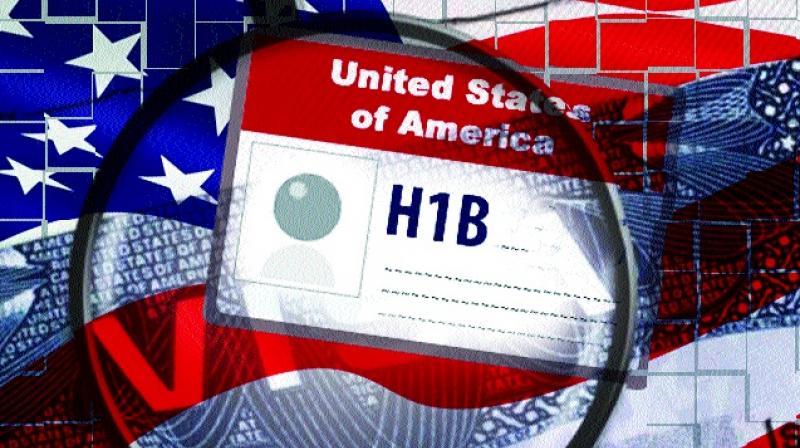Washington: What could be termed as a major set back for Indian families, the Trump administration is now planning to bring an end to the H-4 visas granted to spouses of H1B visa holders, according to an agency source.
A top federal agency official has told lawmakers that this move will have a devastating impact on tens of thousands of Indians working with H-4 visas alongside their H1B visa holder spouses.
As many as 70,000 H-4 who have work permits will be devastated after the Trump administration revokes the Obama administration special permission granted to the spouses.
As many as 100,000 H-4 visa holders have been beneficiary of this Obama implemented rule so far.
The rule was granted in 2015 which allows work permits for spouses who otherwise could not be employed while the H-1B visa holders seek permanent resident status.
US Citizenship and Immigration Services (USCIS) Director Francis Cissna in a letter to Senator Chuck Grassley said the Trump administration is planning to terminate this provision.
“Our plans include proposing regulatory changes to remove H-4 dependent spouses from the class of aliens eligible for employment authorisation, thereby reversing the 2015 final rule that granted such eligibility,” Cissna said.
He added it is a move to protect and promote the American workers and this new order would “propose new rules and issue new guidance, to supersede or revise previous rules and guidance if appropriate, to protect the interests of United States workers in the administration of our immigration system … ”
The statistics obtained from the Migration Policy Institute, the US has so far issued employment authorisation documents to more than 71,000 spouses of H-1B visa holders, over 90 per cent of whom are Indians.
“As of June 2017, USCIS had granted 71,287 initial (versus renewal) employment authorisation documents to H-4 spouses,” the study released last week said.
And of these granted H-4 visas, a total of 94 per cent were women, majority from India while four per cent were from China, the study said.

